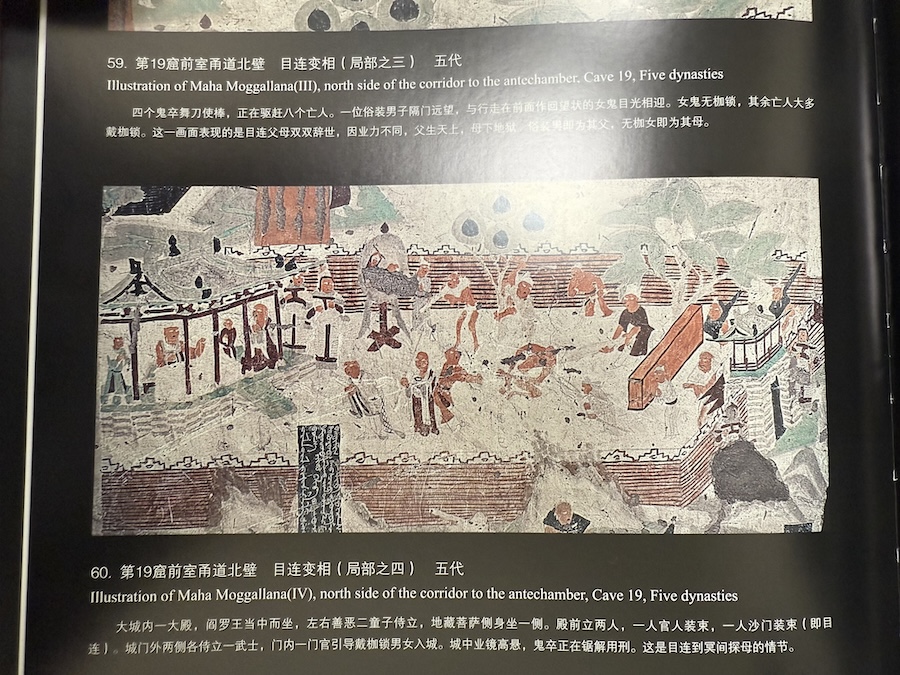"China changed village names 'to erase Uyghur culture'", Anna Lamche, BBC (6/20/24)
I thought about this phenomenon again today, a year after that BBC article was published, because this morning Robert Thurman, the Columbia Tibetologist, told me about his concept of "ethnicide". This, forced name changes, is one way to do it.
China has changed the names of hundreds of villages in Xinjiang region in a move aimed at erasing Uyghur Muslim culture, Human Rights Watch (HRW) says.
According to a report by the group, hundreds of villages in Xinjiang with names related to the religion, history or culture of Uyghurs were replaced between 2009 and 2023.
Words such as "sultan" and "shrine" are disappearing from place names – to be replaced with terms such as "harmony" and "happiness", according to the research, which is based on China's own published data.
Read the rest of this entry »


